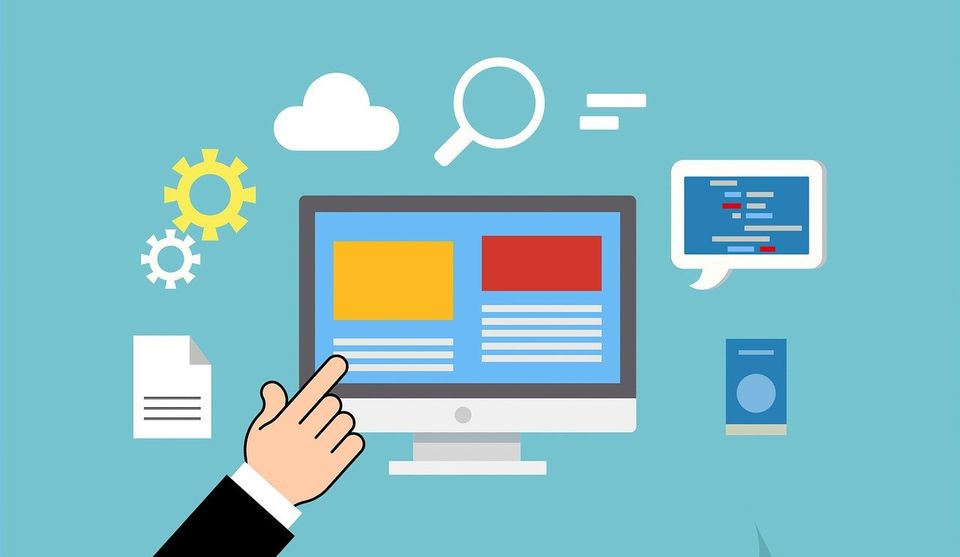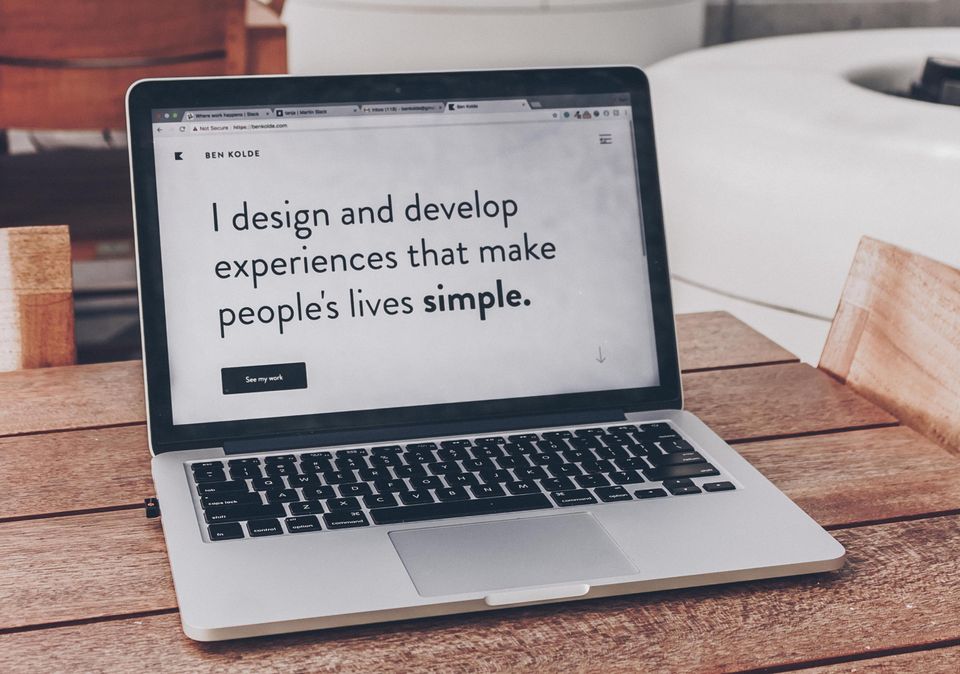Enterprise resource planning (ERP) systems help businesses automate processes and free up time for essential tasks such as lead building and developing customer relationships. Most ERP software can integrate all the different levels in the business, so they work within a single database and are seamless. Departments can draw on data from every other department and look at patterns for the company as a whole.
The global ERP software market is worth $82.6 billion because ERP triggers better processes in businesses of all sizes. However, small companies often have a difficult time justifying the cost of ERP solutions. Fortunately, there are systems suitable for smaller enterprises that scale as your company grows. ERP benefits all businesses and organizations and frees up employee resources for other tasks.
Consider these six traits when choosing the best ERP system for your needs.
1. Operates in Real-Time
A system that doesn’t update immediately creates a lot of confusion for employees. Imagine a system where the warehouse updates the available inventory on an item, but the data isn’t in real-time. So the sales department pushes a particular deadline, only to discover the warehouse is out of the item and the company can’t fulfill orders.
One of the best ways of ensuring data updates in real-time is using a cloud-based database rather than an in-house networked solution. Most of the major ERP software companies offer this type of option for your company on a sliding scale. That way smaller businesses can still afford the data storage. Experts forecast enterprise cloud spending will increase 16 percent each year through 2026.
2. Offers Mobile Capability
You and your employees need the ability to access your systems via mobile devices, which is another helpful aspect of cloud storage. One example of how well this works for businesses might be having employees put in their expenses for the accounting department to stay on top of spending, or salespeople to put in an order and have shipping get right on fulfilling it.
The mobile capability enables employees to update all systems in the process and stay on top of inventory and logistics in ways that translate into an excellent customer service experience.
3. Focuses on Financial Management
Staying on top of spending may make or break your small business. The No. 1 reason small businesses fail is cash flow issues. What if you knew about every penny spent or earned throughout the year?
For most ERP systems, financial management is one of the most critical modules in the software. Some features to look for include profit tracking, invoice tracking and reports on cash flow.
4. Tracks Human Resources
In the past, companies only used ERP systems for payroll-type functions. However, as systems have advanced, more and more businesses have begun using ERPs for everything from performance tracking to attendance tracking to scheduling. A strong ERP system frees up small business managers for creative thinking, instead of spending time on menial tasks.
While an ERP occasionally still needs a human touch for evaluation purposes, it is an excellent way to track employees over time. Make sure the program you choose allows for input from management. One example might be an employee battling a life-threatening illness. Their attendance reports will show they missed a lot of work, but they have a valid reason, and management needs to mark the absences as excused.
5. Improves Customer Relationships
Customer relationship management, or CRM, is a valuable part of any ERP system. Look for software that has the features which align with your particular business model. If you work in a service industry, it’s likely you’ll need more personal information about your typical customer than if you own an e-commerce store.
A CRM module should track leads, current customers and allow your team to spot potential problem areas before they occur. For example, if Mr. Jones complains every spring that his order is late, the system should flag that complaint and notify logistics to get his order out early this year. The ERP would then track the order, ensure the package was delivered on time and pull up an indicator in customer service to check in with Mr. Jones and see if he’s happy with the improved service.
Creating that level of personalized customer service develops a strong relationship with consumers and drives brand loyalty.
6. Reduces Costs
Look for an ERP that has the modules you need to reduce small business operating costs. While you can’t purchase in the quantities some of the big-box retailers can, you can certainly use an ERP to track the costs related to different suppliers and reach out to them with requests for reducing those expenses.
For example, if one of your vendors offers a discount if you pay your invoice within 10 days, the ERP system can trigger accounting to send out the payment immediately upon receiving the invoice, instead of net-30. Many small business startups run on a shoestring budget. So saving small amounts adds up to more cash flow and more profit for your company.
Choosing the Right Vendor
There are many different ERP vendors out there, so selecting the right one requires research and knowledge of the processes you’d like the ERP to perform. Since ERP systems are costly at times, start with the tiers you need immediately to free up your time and make your business more successful.
Perhaps the idea of human resource management is most attractive to your brand. Start with a tracking system that clocks employee time and issues payroll automatically. Or, perhaps your company specializes in B2B marketing and needs a tool to manage targeted customer data. The plan which modules are best for your brand to start, and look for systems that scale and where you can add additional features and modules as your brand grows.




